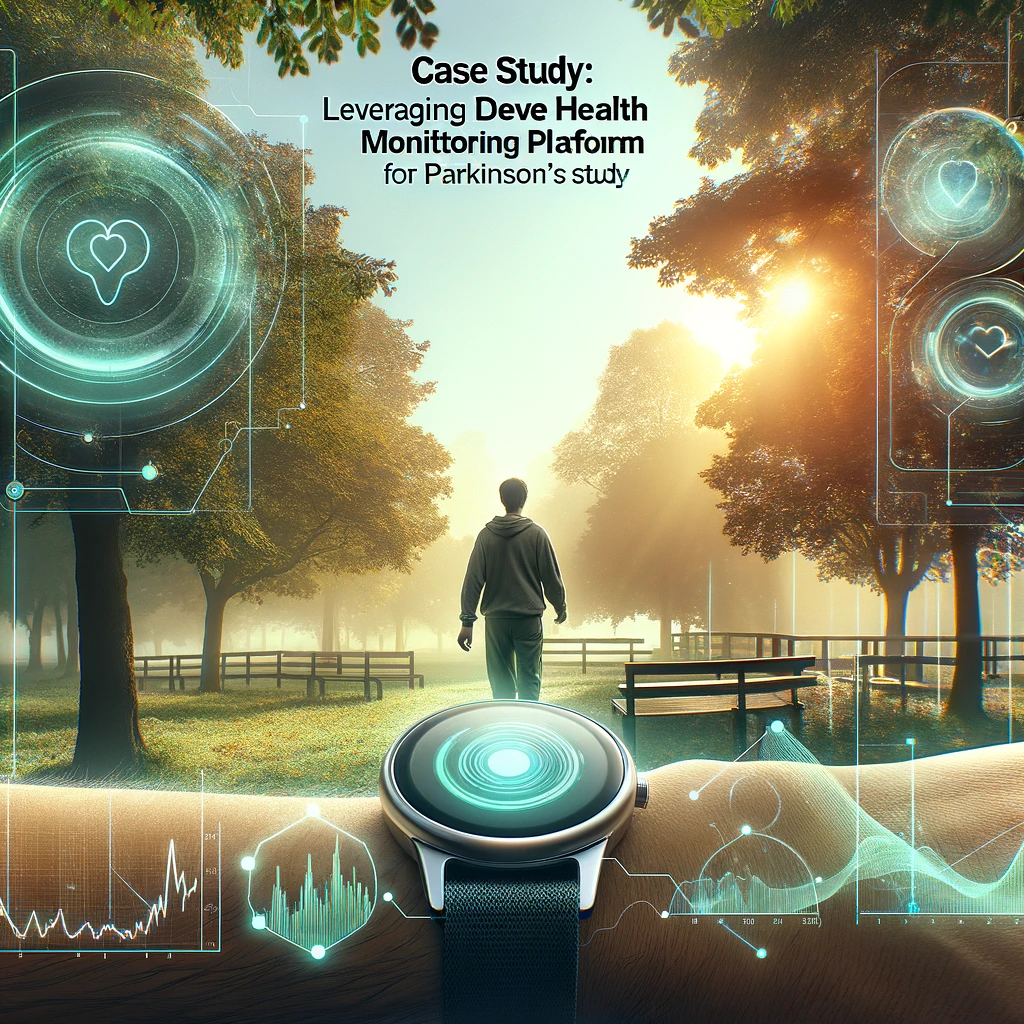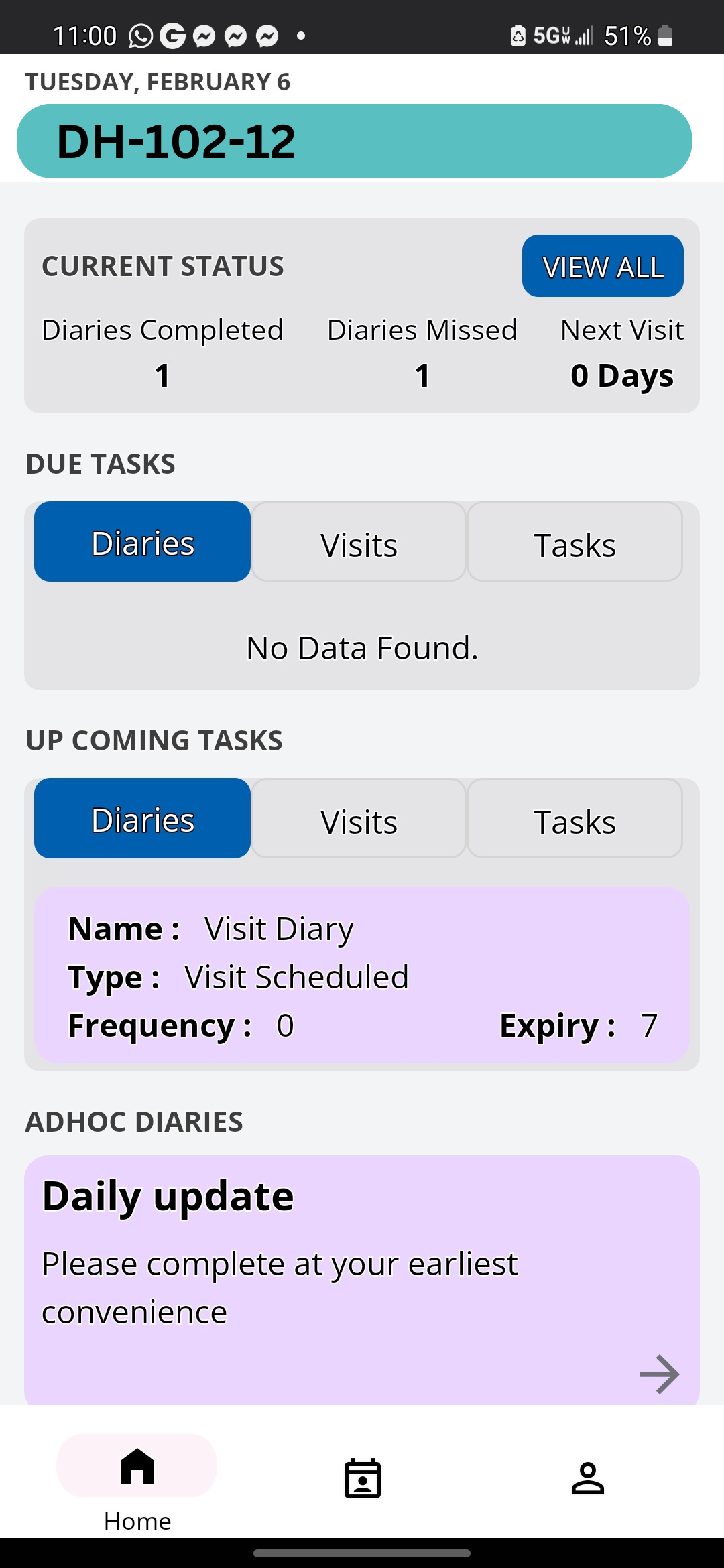1 | Wearable Integration
Remote patient monitoring is a key component within clinical research and where the probable impact of wearable integration will be the most measurable. The increased ability to remotely provide patient monitoring will soon change how clinical research teams will ultimately interact with patients. Through these sensors, clinical researchers and other study teams, will be able to better understand how a patient has been fairing at home. They will also be able to capture and collect data on patients regarding their conditions and whether or not they have experienced any adverse reactions. This real-time data capture will enable more robust monitoring throughout in-home studies/virtual clinical trials, which will eventually allow for a patient to receive a swift, more accurate, diagnosis and treatment process.
2 | Patient Compliance and the Patient Experience
Patient compliance, and the overall patient experience, is another key component of clinical research and is the foundation to conducting a successful trial. If the patient participants in a study find the paperwork cumbersome or stressful, many will not comply in a timely manner or provide a full log that is critically needed for investigators, and other members of the clinical research team, to be able to efficiently and accurately compile the data and conduct their necessary analysis. Patient non-compliance (i.e., not completing diaries or not using their wearables) or dropping out of a study altogether creates a multitude of issues, including steep financial losses, which can threaten a study’s success.
The use of wearable technology can be helpful in identifying and solving some of these obstacles. For example, if a patient is not wearing their device, no data is shared with investigators. Delve Health’s Clinical Study Pal app has an artificial intelligence (AI) algorithm, which allows the system to learn to engage the patient in different ways to identify the best options for compliance, based on the study participant’s behavior. The app also alerts investigators in real-time so that they can follow up with the study participant to encourage them to complete the tasks required. Our app allows for swift identification of an issue and a timely solution, which not only improves patient compliance, but also the patient experience overall.
3 | Real-Time Patient Data
Technology can be a double-edged sword if its use is not thoughtfully implemented—often seemingly solving one problem, while creating another. Generally, the amount data collected has been growing exponentially and clinical data teams have been managing more volume, but in increasingly differentiated silos. This presents many challenges for enabling seamless collaborations and gaining meaningful insights from the mined data. Again, Delve Health’s Clinical StudyPal can help by quickly identifying issues in timely data collection, alerting the clinical research team so it can be addressed before a missed deadline snowballs into an issue that might affect the entire study.
4 | Clinical Operations—Challenges & Solutions
Increasingly complex, the role of Clinical Operations leaders and their teams, are required to deliver confident answers on all aspects of their trials; efficiently manage time and resources; and mitigate risks to achieve their set goals.
Delve Health’s Clinical Study Pal platform can help improve patient retention by reducing their burden and improving the overall patient experience during a clinical trial. This includes sending nurses to patients’ homes, hiring a car service to take a patient to their appointments, and concierge services to call the patient to follow-up with them—all to ensure patient compliance. Our mobile app also allows clinical trials staff to monitor and manage data, which allows for more chances to identify adverse events, all in real-time. The data is also easily collected and monitored to decrease the time it takes for reporting and analysis. This increases a clinical team’s efficiency and accuracy in reporting, saving not only time, but money—resulting in a successfully executed clinical trial.





































